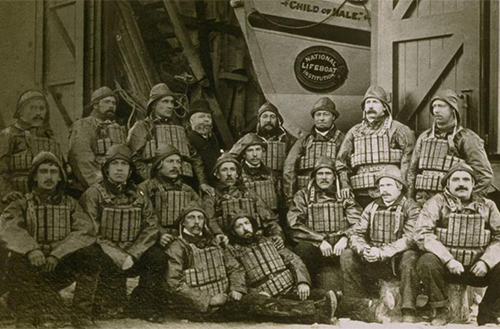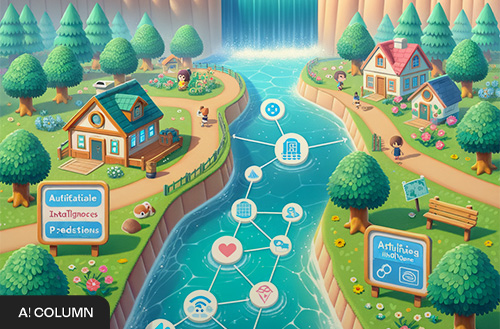

-
-
- 메일 공유
-
https://stories.amorepacific.com/en/amorepacific-understanding-esg-trends-through-the-college-scholastic-ability-test-csat
Understanding ESG Trends Through the College Scholastic Ability Test (CSAT)

Columnist
Sun-jin Ha Sustainability Management Center

#INTRO
As I watch university students enjoying campus life and festivals in the full bloom of spring weather, I want to encourage them that they deserve such joy after completing 12 years of education and conquering the enormous mountain known as the College Scholastic Ability Test (CSAT), or Suneung in Korean. The CSAT, administered to all college-bound students on the same day each year, is a matter of national interest in Korea. It’s a crucial examination where students must pour in everything they’ve prepared to achieve their goals. Most Korean citizens have either experienced the CSAT firsthand or have supported their children through it. The professors who create the test questions live in seclusion for 40 days for security reasons. Every year after the CSAT ends, the evening news inevitably evaluates the difficulty level, categorizing it as either a “fire CSAT” (difficult) or a “water CSAT” (easy), and reports on any remarkable questions.
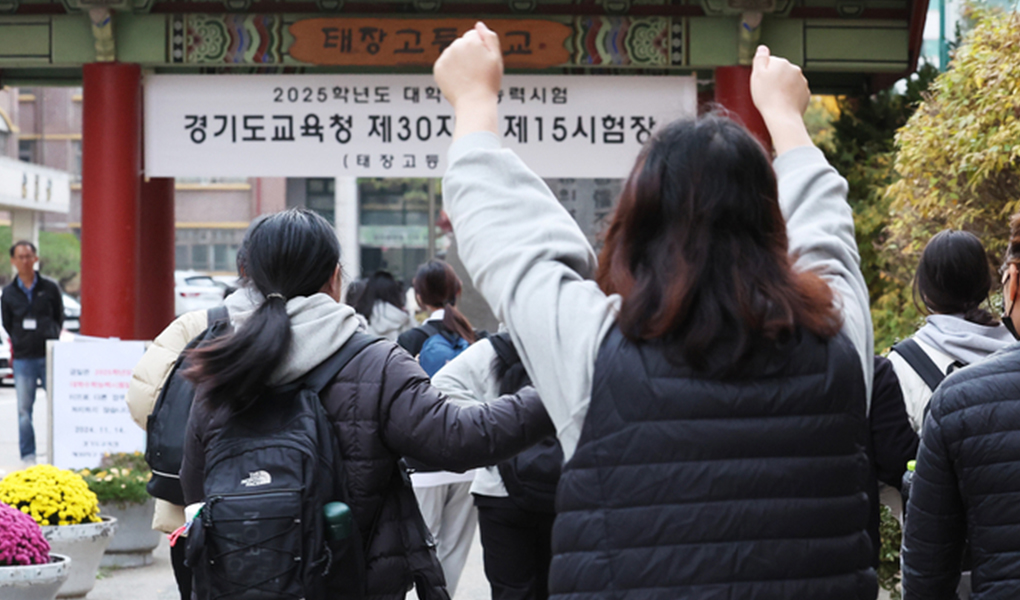
Source: TF Media(tfmedia.co.kr)
Morning of the CSAT exam day
The CSAT questions created each year reflect our contemporary society. This is because test creators cannot pose questions that are too disconnected from current society for today’s test-takers. While in the past, as test-takers, we focused on finding the correct answers, we can now take pleasure in reflecting on the issues that were relevant at that time. Many people think ESG (Environmental, Social, and Governance) is a concept that has only recently become popular, but it has been integrated into our lives for quite some time. As evidence, I’d like to introduce you to several past CSAT questions related to ESG.
1 International Conference That Year... [2003 CSAT Inquiry Section]
A question from the 2003 CSAT, administered in 2002, asked about the characteristics of international relations at that time based on materials from an international conference addressing global warming and biodiversity.
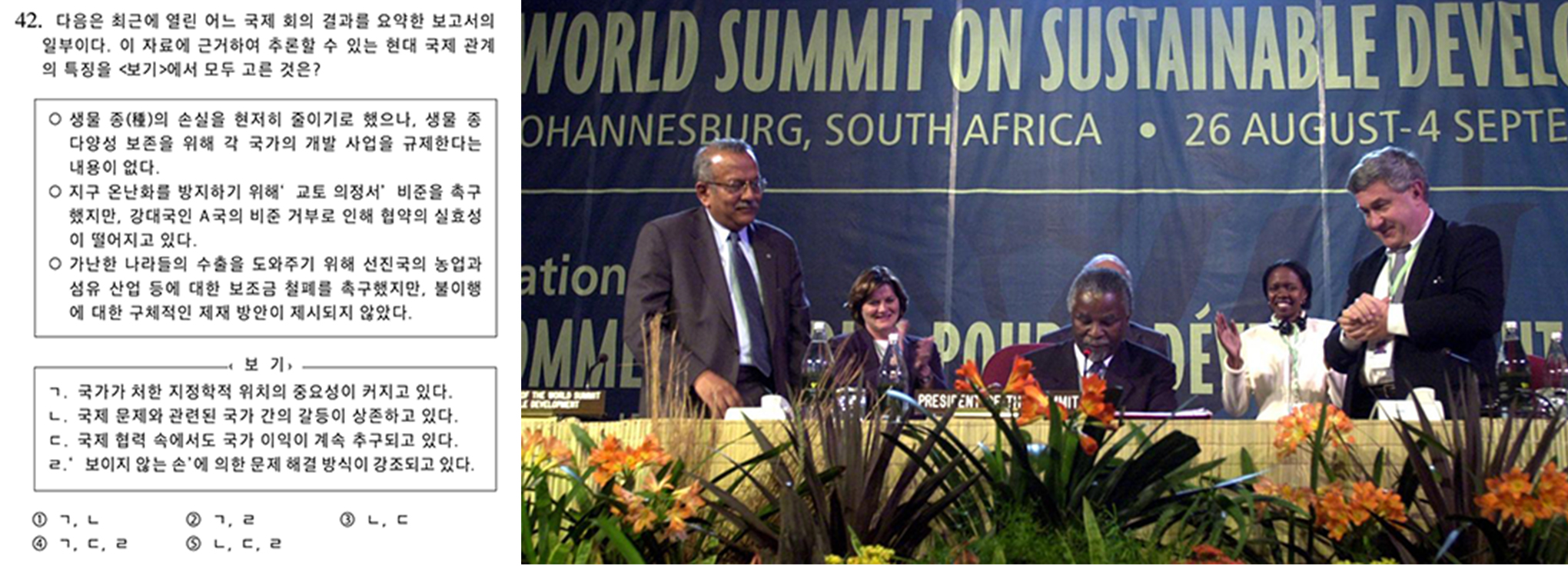
Source: Korea Institute of Curriculum
and Evaluation(iisd.org)
2003 CSAT Social Studies and Science Inquiry question, and the 2022 World Summit on Sustainable Development (WSSD) held in Johannesburg
The international conference mentioned in this question was the World Summit on Sustainable Development (WSSD), a mega-conference attended by approximately 37,000 people. Although countries had previously agreed to establish climate change-related goals, some nations refused ratification or withdrew from participation for economic and political reasons. This was due to concerns about the costs of climate change response and a lack of consensus on the need to predict and analyze how climate change threatens our lives. Discussions on biodiversity also failed to lead to substantive regulations. Land, water, energy, forests, plants, and animals were viewed more as sources of profit rather than resources that should be protected and conserved. Because of these reasons, the WSSD is considered to have produced no particularly dramatic results despite its scale.
2 The Power of Eye-Catching Certifications [2010 & 2014 CSAT Vocational Education Section]
When browsing products, sometimes a single logo stands out more than ten lines of text. For example, Amorepacific products use the vegan mark to indicate the use of vegan ingredients, or the carbon footprint mark to show improvements in carbon footprint. Korean consumers have shown particular interest in sustainable consumption since the 2010s. Consumers wanted to make value-based purchasing decisions, while companies and the government worked to provide reliable information that met consumer needs. These stamp-like certification marks have the advantage of catching customers’ attention and differentiating products from others. Materials about these certification marks were presented in the 2010 and 2014 CSAT questions.

Source: Ministry of Environment,
Korea Institute of Curriculum and Evaluation
2010 CSAT Vocational Education question and Environmental Mark product numbers, market growth rate (2001-2013)
The Carbon Neutral Certification Mark, featured in the 2010 CSAT, was awarded by the Ministry of Knowledge Economy, beginning in August 2008, to participants in the voluntary greenhouse gas reduction movement. The first Carbon Neutral Certification Mark was awarded to the Commemoration Event for the 60th Anniversary of the Republic of Korea. The event was initially projected to emit approximately 1,000 tons of carbon dioxide, but received certification for planning to continuously reduce carbon dioxide by creating a carbon-neutral forest of 4,500 trees and installing solar facilities as offsetting measures. The Freedom Food mark, which appeared in the 2014 CSAT, is an animal welfare certification system established by the UK’s Royal Society for the Prevention of Cruelty to Animals (RSPCA). Its purpose is to ensure better conditions for animals used for food during their growth and transportation. In the past, a fast-food company faced a major class-action lawsuit from animal protection groups and experienced consumer boycotts. This incident created consensus on the importance of animal welfare compliance and highlighted the need for animal welfare certification systems. Subsequently, countries began to establish standards for animal welfare, and with corporate participation, “animal welfare eggs” and “animal welfare ham” are now readily available.
3 The Expanding Scope of Occupational Diseases [2021 CSAT Vocational Education Section]
If you’ve completed the annual industrial safety education provided to workers, the term “musculoskeletal disorders” will sound familiar. These conditions affect the neck and back due to simple repetitive tasks, such as assembly or welding, and can develop into degenerative diseases with age. Unlike conditions caused by sudden traffic accidents or genetic disorders, these are referred to as “occupational diseases” because they grow from prolonged exposure to workplace hazards. Cases of occupational diseases have also appeared on the CSAT. One 2021 CSAT question mentioned Visual Display Terminal (VDT) Syndrome, known for symptoms like dry eyes and turtle neck syndrome, and pneumoconiosis, a lung disease caused by long-term exposure to substances like asbestos.

Source: Multicampus, Korea Institute of
Curriculum and Evaluation
2021 CSAT Vocational Education (General Industry) question and regular safety and health education for workers
That year’s vocational inquiry section also included a passage on fire-analysis trends and a question about the scope of severe disasters. As awareness spread throughout society that protecting workers’ safety and health is an essential social responsibility of companies, businesses faced the challenge of enhancing worker welfare to prevent and manage occupational diseases and serious accidents. Moreover, regulations such as the Serious Accidents Punishment Act require companies to establish and maintain safety and health management systems, and they must communicate with stakeholders about accident status and prevention to maintain more transparent management.
4 Recycled Paper Entering Everyday Life [2022 CSAT Korean Language Section]
Have you noticed that documents and packaging using recycled paper and kraft paper have been gradually increasing? From shopping bags at luxurious department stores and duty-free shops to paper bags from global fast-food chains, recycled paper is being chosen in various places. This is part of an effort to reduce the one-time consumption of plant resources, which serve as the raw materials for paper production. Amorepacific has also redesigned its traditional white shopping bags to participate in resource circulation. Since 2024, the company has been making paper bags using selected discarded boxes from its logistics centers. The reasons for using recycled paper were also presented in the Korean language section of the 2022 CSAT.
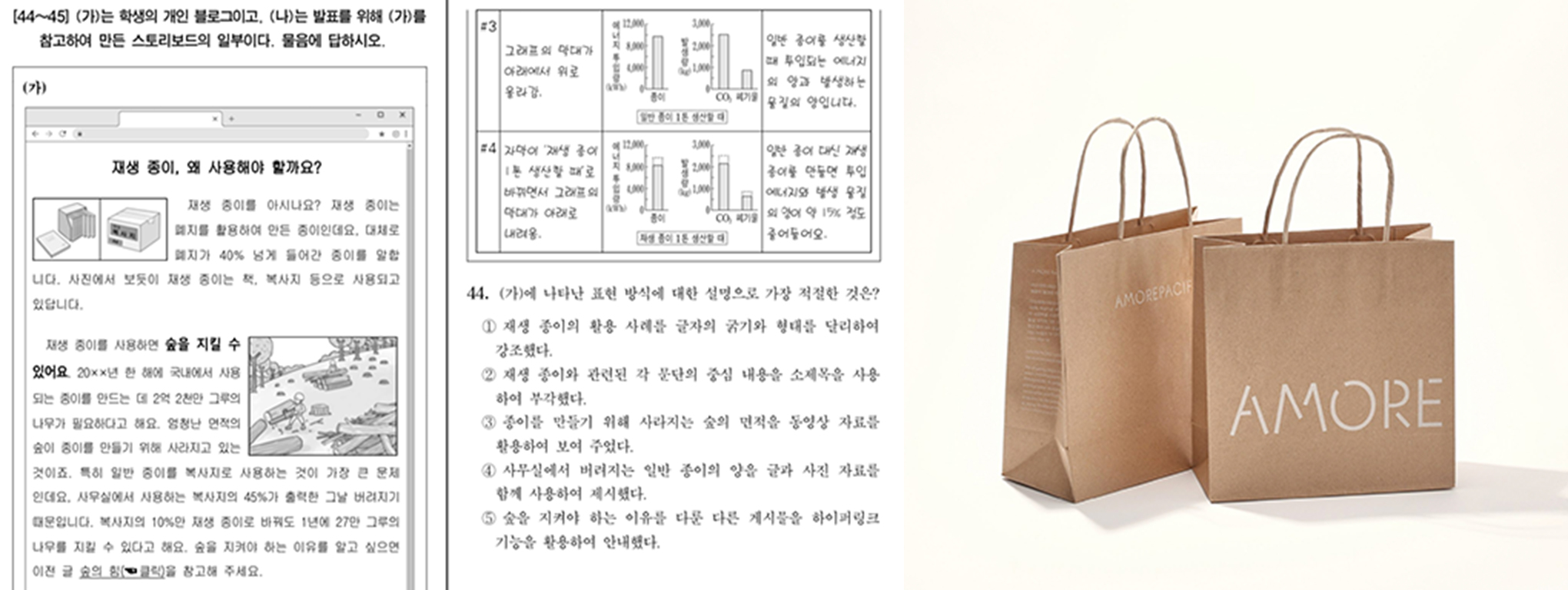
Source: Korea Institute of Curriculum and Evaluation,
AMOREPACIFIC CREATIVES
2022 CSAT Korean Language question and Amorepacific’s corporate shopping bag redesigned in 2024
What distinguishes this question is that it includes specific figures on the circulation of eco-friendly resources. It provides detailed quantitative effects, including not only the reduction in paper resources due to the use of recycled paper but also the decrease in energy required for paper production, carbon emissions, and waste generation. Particularly in educational settings where paper usage cannot be reduced indiscriminately, there must be significant consideration for alternative materials. This reality was reflected in the CSAT question, creating another opportunity to recognize the importance of resource conservation. This passage, however, became controversial at the time because the CSAT test papers themselves had not been made from recycled paper. When a media outlet inquired with the evaluation institute, they learned that recycled paper was not used due to concerns about print quality. A significant reason was that dark spots included in recycled paper could impair readability. Additionally, out of the many elective subjects, students only actually use test papers for 1-2 subjects they take, while the remaining subject papers are discarded. Fortunately, this issue is expected to be naturally resolved through the 2028 CSAT reorganization.
5 ESG Becoming a Regular CSAT Topic [2023-2025 CSAT Korean]
Starting in the 2020s, environmental issues have genuinely become a staple in the Korean language section. The 2023 CSAT mentioned the collection of spent coffee grounds (residue left after extraction) and discussed various solutions through examples. It introduced a case from Switzerland where the extensive postal network provides recycling collection services in addition to traditional mail services, creating new revenue streams for post offices while allowing capsule coffee companies to recycle aluminum capsules. It also presented information about the technology being developed in Korea to convert coffee grounds into bioenergy raw materials for producing biodiesel and bioethanol. The 2024 CSAT featured a passage reflecting on how to engage youth in climate change response activities. It included considerations about why climate change response activities fail to be persuasive, as well as content emphasizing the importance of effective responses. The 2025 CSAT introduced sustainable aviation fuel (SAF) produced from waste, and mandatory target regulations set by the European Union. The Korean government also announced an SAF expansion strategy in August 2024 and revealed the voluntary mixing ratios set by national airlines.

Source: Korea Institute of Curriculum Evaluation
(luzernerzeitung.ch)
2023 CSAT Korean Language (Speech and Writing) question and image of coffee grounds collection through Swiss mailboxes
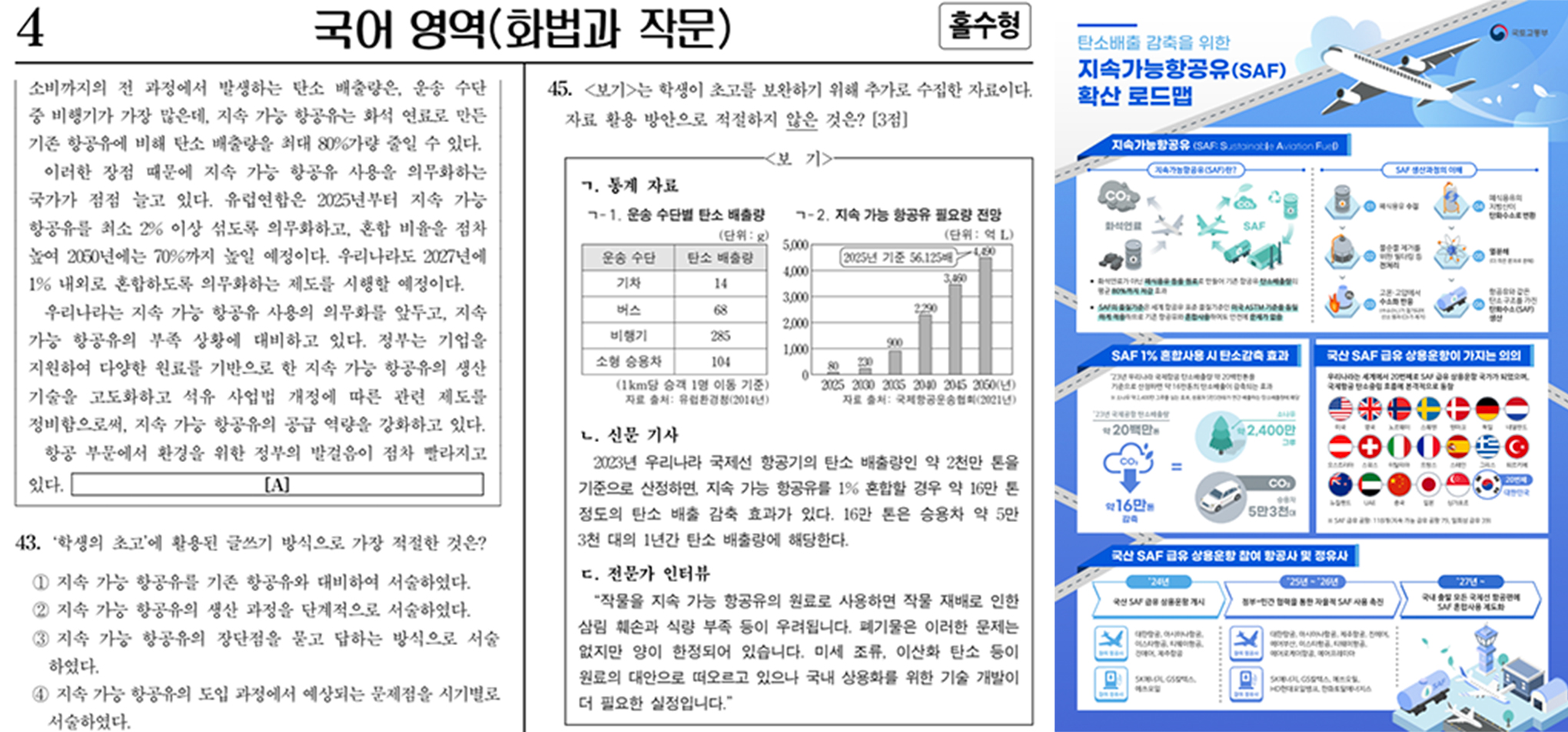
Source: Ministry of Land, Infrastructure and Transport
2025 CSAT Korean Language (Speech and Writing) question and sustainable aviation fuel expansion roadmap
Recently, the frequency of CSAT questions related to ESG has been on the rise. Social interest in ESG has grown throughout the pandemic era and the post-COVID era, and ESG is now considered an essential issue in the eyes of both test-takers and question creators. Educationally, students must develop the ability to comprehend environmental issues and devise practical solutions. Perhaps these timely examples are being introduced to suggest ways for students, who will soon participate in economic activities and have more consumer choices, to engage in various social activities and take action.
#OUTRO
Looking back as an adult, I’m newly struck by how engaging the content within the CSAT passages was. I feel some regret that, if I had paid more attention to current trends and yearly patterns during my test-taking days, I might have achieved better scores. I hope this article has given you a chance to revisit your test-taking days briefly and that it has been an opportunity to experience enjoyment rather than the tension of that time. I look forward to your continued interest and expectations for upcoming ESG columns, and I hope you will join us on this journey of considering and practicing sustainability together. Thank you.
-
Like
0 -
Recommend
0 -
Thumbs up
0 -
Supporting
0 -
Want follow-up article
0



